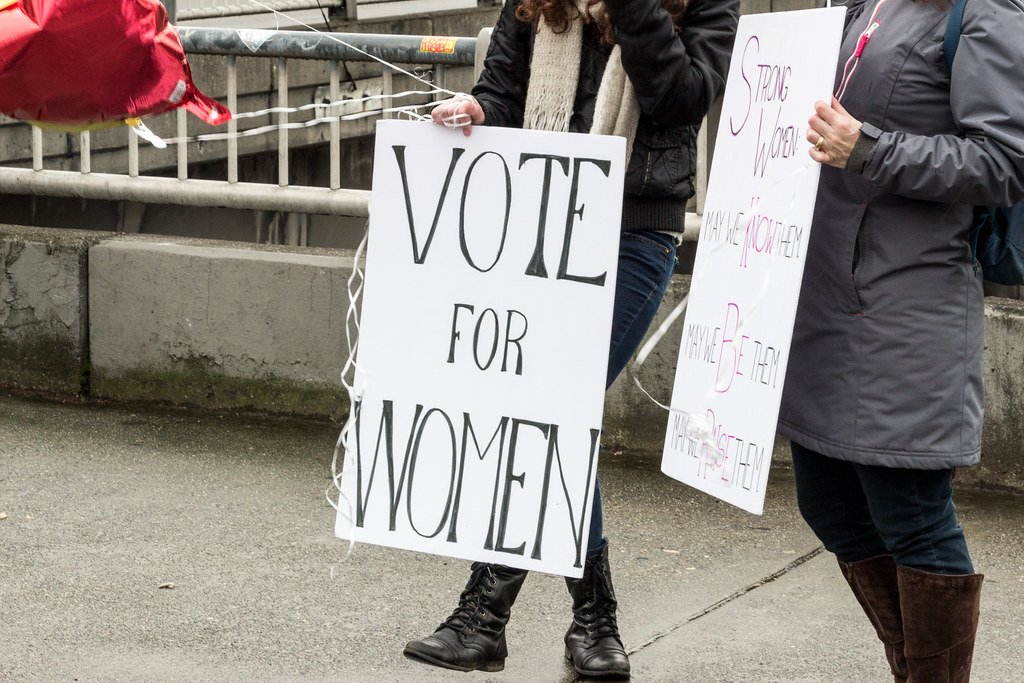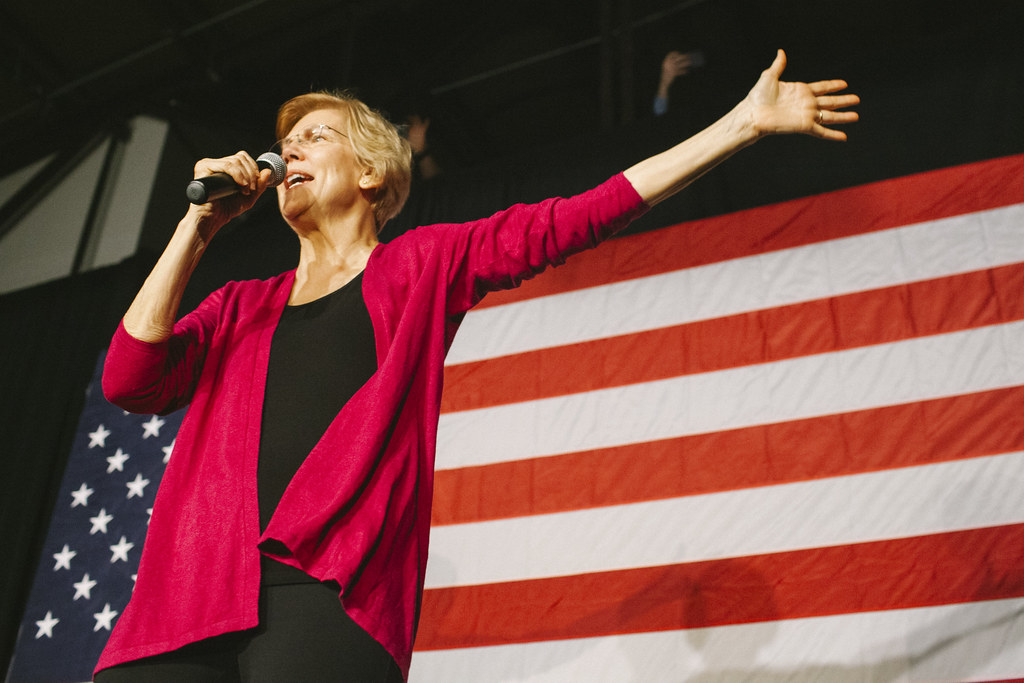The Power of Women Seen Through Women in Power

In light of the 22 January appointment of Katerina Sakellaroupoulou as Greece’s first female president, the world has turned its eyes toward the optimistic future of not only Greece but of women in power everywhere. With the up and coming presidential elections in the United States, the importance of diversity in positions of power has become an essential topic.
Students across the globe are being urged to register to vote; encouraged by AUP's Voting from Abroad organization, American students here in Paris can exercise their right to take action in diversifying the administration that represents them.
With the overwhelming support of the 300-seat Parliament, Sakellaroupoulou exceeded the 200 required votes, earning a total of 261. Sakellaropoulou, who has served as High Court judge for 15 months, was elected on 22 January by the conservative New Democracy party. As an ardent human rights advocate, Sakellaropoulou has made comments on what she wishes to accomplish as President by recognizing the difficult conditions involving the humanitarian and financial crisis, climate change and all manner of inequalities.
Leaving behind a decade of turmoil, political instability, and socioeconomic strife, Greece has transformed into the exemplary model for a new and improved state where women achieve their well-deserved equality and fight against traditional social standards.
"Seattle Women's March Jan 2018" / Image Credit: ShebleyCL (Creative Commons)However, with Greece’s newly broken barrier and the reemergence of hope, there is also a negative reality that many women face in their positions of power. A recent study done by Amnesty International analyzed the amount of online abuse female politicians from India face each day. The study found that many of the women who express their opinions over certain topics face threats and abuse not only for their views but for their races, religions, relationship statuses beyond their gender.
Amnesty International’s study found that 13.8% of the tweets that mentioned 95 women politicians in the study were either “problematic” or “abusive”. That is to say, the average Indian female politician faces up to 10,000 abusive comments every day, 1 in 5 being misogynistic and sexist. In the study, AI interviewed many female politicians. Amongst them was Shazia Ilmi from the Bharatiya Janata Party.
“More women should be entering politics. But the price that I pay is too much for what I choose to do,” she said.
Upon the discovery of the immense abuse faced by women who hold positions of power, Amnesty International and Element AI conducted a similar research in the US and UK to highlight how this primarily gender-centric abuse does not concentrate solely in India, but has repercussions in multiple countries around the world.
In this study, AI volunteers went through around 288,000 tweets which were sent to 778 female journalists and politicians in 2017. Element AI concluded that 1.1 million of abusive tweets were sent to women involved in the study throughout the year. This study established how women from every political spectrum and from various professional concentrations face intense levels of online abuse each day.
2020 is an election year where a society of young, mindful thinkers have the opportunity to change the world, analyze the past, influence the present, and think of what we aspire to have in the future. This is relevant not just in the realm of politics but in media and communications in its totality.
Sen. Elizabeth Warren, 2020 presidential candidate for the Democratic party. / Image Credit: Joe Crimmings (Creative Commons)Women in positions of power still have a long way to go, but being conscious as to why having diversity in gender is essential. “It is important for everyone, especially young aspiring leaders, to see that there are strong women in the political world and that a woman can lead a country,” said Renee Walton, AUP MA International Affairs student and President of GSC.
To facilitate the process of registering to vote in the US primaries and presidential elections of 2020, Walton forms part of an organization called Vote from Abroad which specifically helps AUP students, faculty and staff through the registering procedure. So, what can students do to exercise our right to vote and why is it important?
“Diversity is accomplished through voting specifically in the U.S. through the 19th amendment, which gave women the right to vote, and the 15th amendment which allowed any citizen to vote regardless of race or color. Voting has given all races, colors, religions, and genders the ability to exercise their rights as U.S. citizens,” said Walton when asked how diversity was accomplished through voting and its importance. Our right to vote is one that is inalienable and crucial when the time comes to exercise it; it is the people’s vote which has the opportunity to diversify and change the world.
"Mulheres na política" / Image Credit: Paula Cruz (Creative Commons)“The United States, by being a democracy, has allowed its citizens to be able to choose their leader so having some part in choosing that one person who gets to make important decisions is something we should all be part of by voting. Also, it does not take that long to fill out a ballot or request an absentee form and send it in. It feels great once it is done,” said Walton.
The Vote from Abroad organization will be in the Combes lobby on Wednesday, 5 February and Tuesday, 11 February from 11:30 A.M. until 2:00 P.M. to provide any American citizen with envelopes, international stamps, and the registration form to vote in the upcoming presidential election.










